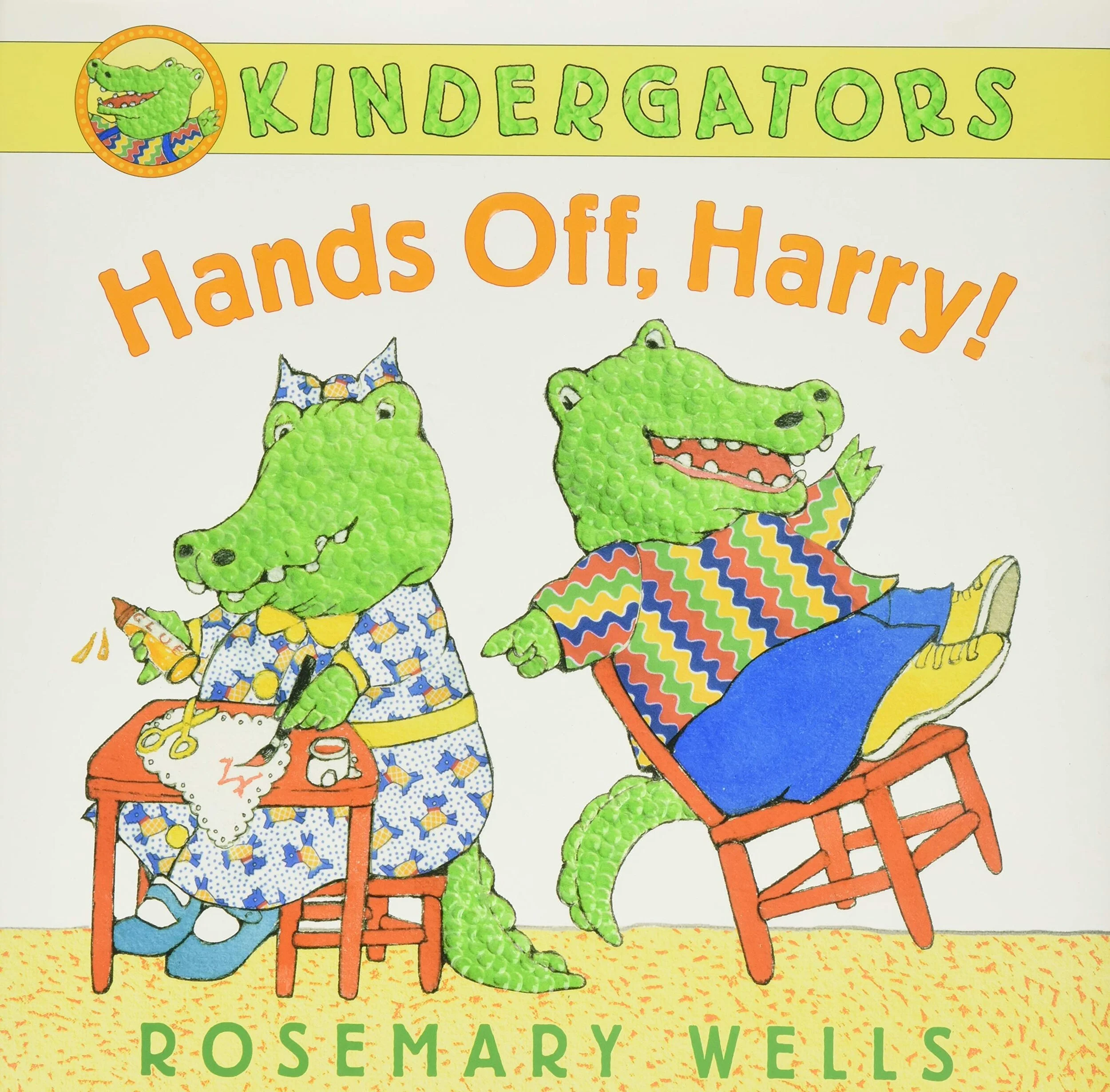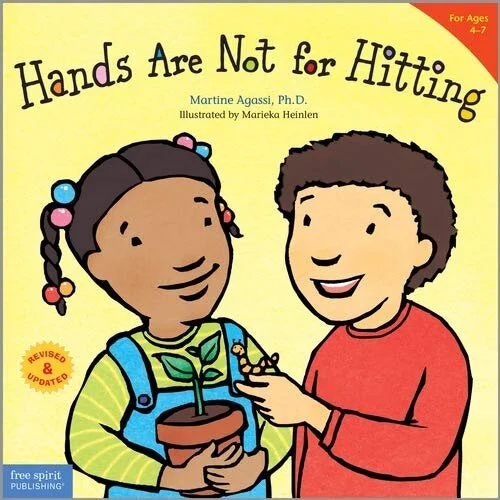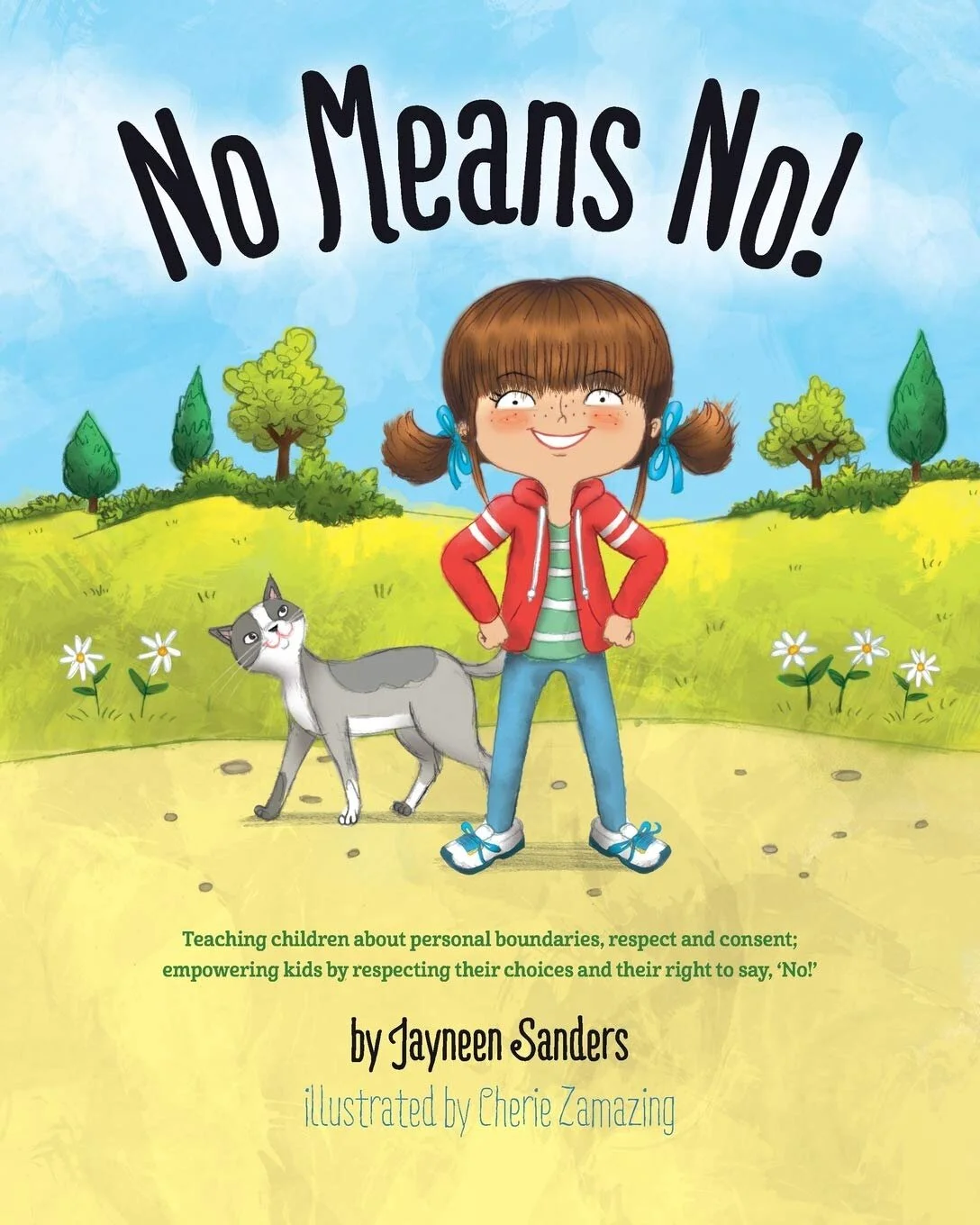How to get your child to keep hands to themselves. 4 smart parenting tips.
Many children have difficulty keeping hands to themselves. This creates frustration at home and can lead to punishment at school. So it’s extra important to learn how to deal with a child to hits, pinches, pushes and otherwise cannot keep their hands to themselves. Below are some parenting tips and advice to help you curb your child’s aggressive behavior.
1. Understand where hitting, pinching, biting and pushing are coming from.
A toddler doesn’t hit or pinch or push because they want to be mean or because they are a bully. Toddlers are at a stage when they experience many emotions and don’t yet know how to express themselves. So, they tend to react in a physical way. The most common reasons for toddlers acting out in this way are stress, frustration, feeling overwhelmed and wanting more attention. Understanding the reason behind the behavior can better help you get your child to keep their hands to themselves.
2. Try stopping aggressive behavior before it starts.
Help your child keep their hands to themselves by preventing the cause. For instance if your child is playing with another child, and they start to fight over a toy, you can go over and try to diffuse the situation. Offer your child a different toy or just take your child away from the situation altogether. Go to a private area and talk about what he’s feeling. Reprimanding your child in front of other children and parents could lead to embarrassment and anxiety that could increase aggressive behavior.
3. Name the emotion.
Your child will be able to react better to his emotions if he understands them. Teach your child about emotions and talk to him about how each one makes him feel. When he acts out by pinching or hitting say something like, “I can see you are frustrated (or confused, overwhelmed, etc.). Let’s talk about it.”
4. Give your child a safe way to get the energy out.
In the process of getting your child to keep their hands to themselves, you want to make sure you aren’t forcing your child to repress their emotions. Big emotions like anger and frustration are scary for a child as well as the parents. Even so, these emotions should not be treated as bad. It’s not the emotion that needs to be dealt with; it’s the reaction to that emotion. Let your child experience the emotion and help them release tension and frustration in a safe way. Encourage your child to run up and down the hallway or scream into a pillow or go for a walk to release the energy caused by anger and frustration. And be sure to reward them from the universal wishlist for positive behavior so it takes over as the new norm.





